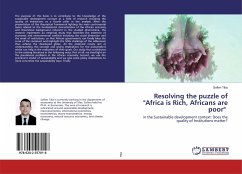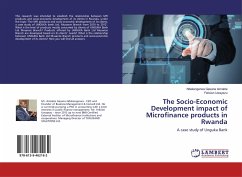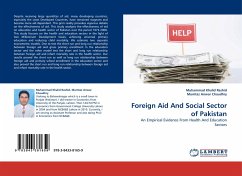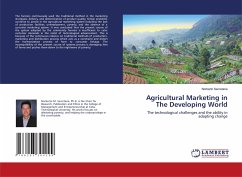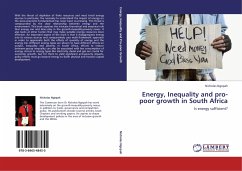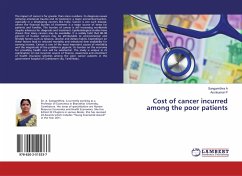The purpose of this book is to contribute to the knowledge of the sustainable development concept as a field of research including the quality of institutions as a fourth pillar in the analysis. After the presentation of the theoretical framework lighting the main controversial issues related to the fundamental characteristics of the African economy and theoretical background inherent in the studied phenomena, the research implements an empirical study that identifies the existence of economic and environmental conflicts including the social dimension and the weak of institutions, so that African governments can finally bless the curse of the continent and highlight the SDGs challenge of the millennium thus achieve the developed globe. All the observed results aim at understanding this concept and giving implications for the policymakers which can help in the realization of their goals. Our study thus contributes to the existing literature in the following ways. First of all, we shed light on the paradoxical problems in the African economy. Second, we use the prominent model of sustainability and we give some policy implications to more concretize the sustainability issue. Finally
Bitte wählen Sie Ihr Anliegen aus.
Rechnungen
Retourenschein anfordern
Bestellstatus
Storno

